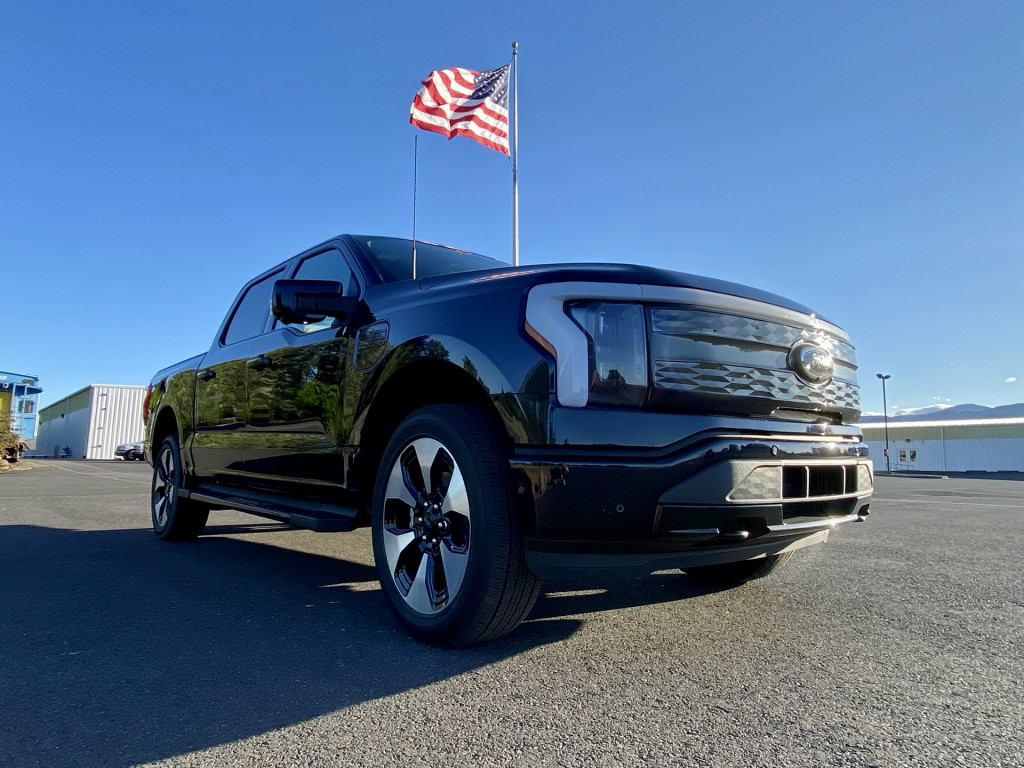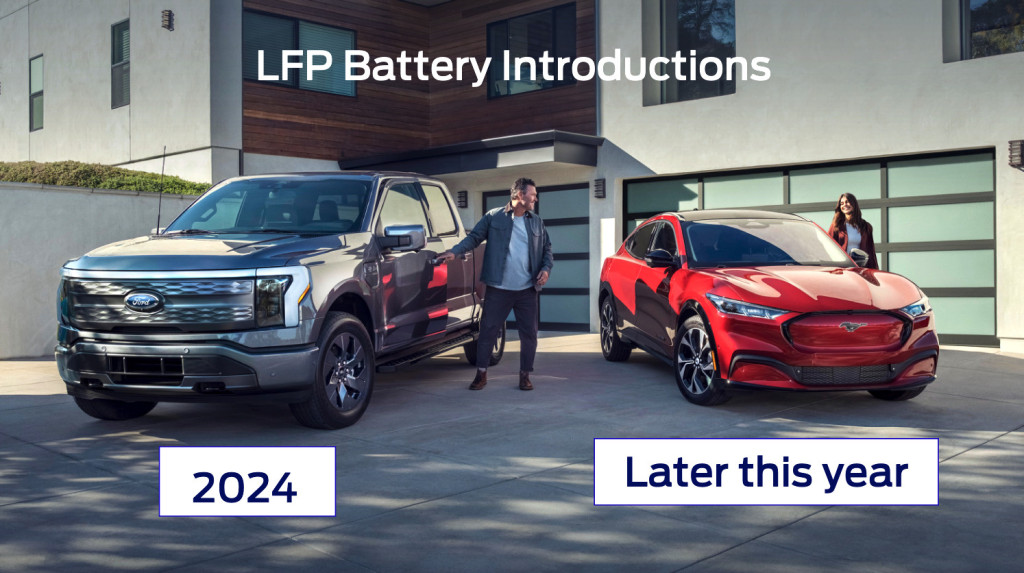Ford is partnering with the world’s largest supplier of EV battery cells, China’s CATL, for a plant in Michigan that will produce batteries for up to 400,000 American-made Ford electric vehicles annually.
Outside of Ford’s $11.4 billion electric truck manufacturing complexes in Tennessee and Kentucky and its BlueOvalSK venture with South Korea’s SK On, the chosen site around Marshall, Michigan, may prove to be the most important industrial operation yet as the automaker seeks greater profitability from its EVs.

Ford EV targets - Feb. 2023
The plant is due to start production in 2026 and ramp up to 35 gigawatt-hours annually. That will help Ford ramp up to a late-2023 run rate of 600,000 EVs globally, the company said today.
It's due to create 2,500 American jobs and involves an investment of $3.5 billion. Under an arrangement that appears to deviate from existing joint ventures, Ford will own the land and plant, manage the workforce, and receive any state incentives.

2022 Ford F-150 Lightning
The facility will make lithium-iron-phosphate (LFP) batteries, which tend to be cheaper. Ford, in its announcement of the plant, said it would make "one of the lowest-cost U.S.-produced batteries."
Due to a more stable supply of the critical materials they need, the materials that go into them are less subject to price volatility. But the tradeoff has been that these cells are somewhat heavier for the amount of energy they store, and cold-weather charging can slow dramatically.
These may no longer be such disadvantages by the time the vehicles reach market. CATL has already shown LFP cells, in combination with its latest cell-to-pack technology, can achieve energy densities close to that of current lithium-ion battery packs.

Ford LFP product introductions
LFP cells are on the way to Standard Range versions of the Mustang Mach-E starting later this year, and some versions of the F-150 Lightning in 2024—using foreign-sourced cells before the new plant ramps up.
Ford already said last year that LFP batteries are bound for the Mustang Mach-E, Ford F-150 Lightning, and perhaps other products, perhaps allowing Ford to cut prices due to a pending EV price war and/or achieve greater profitability.
CEO Jim Farley said last week that Ford’s future EVs will be “radically simplified,” as it seeks to use the smallest possible battery packs, minimize parts, and streamline the assembly process for upcoming EVs.













